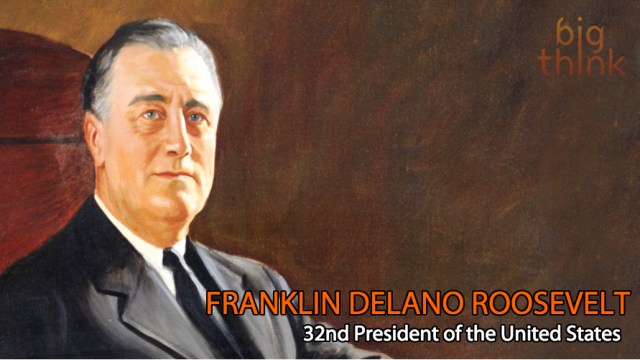When It’s Not Okay to Claim Shame

Did you hear about “sweat-shaming?” You know, sweat-shaming? Where someone makes you feel bad about sweating? Like when you’re in Starbucks and someone asks why you’re sweaty and you hate yourself until you realize you’re the victim here? An American writing for The Guardian sure has, and she’s exporting this puzzling phenomenon across the pond. Some Brits have responded to this quite brilliantly, asking for a return to common sense. But here in the US of A, we haven’t given much thought to common sense since the days of Thomas Paine, and we’ve become so overly sensitive that college students can’t take jokes; you can’t say “retarded” with its literal meaning; and no one can ask you why you are so sweaty in Starbucks. Why does it matter if we are so sensitive? Doesn’t it just mean that we’re more aware of each other and don’t wish to offend? Or is this sensitivity making us see ourselves as victims when we are not, at the expense of those who really are suffering?
We’ve become so overly sensitive that college students can’t take jokes … and no one can ask you why you are so sweaty in Starbucks.
Beyond pit-stained latte sippers, there is a lot of actual shaming going on in our culture. Both men and women appropriate certain terms to make women feel bad about themselves, whether it’s for their weight, their sexuality, or anything else deemed not okay for a lady. Which is why inventing things like sweat-shaming is damaging. As soon as we bring in erroneous claims, by association the real problems seem less true. “If she thinks she’s being shamed for sweating (or halitosis or foot odor), why should we believe her when she says fat-shaming is a thing?” we wonder. People like myself, who try to err on the side of Political Correctness, are losing credibility every time the writer cries wolf.
The shame issues need to be taken seriously. The way I hear women talked about in the media or in real life is often skewed toward how someone’s idea of a woman should act, rather than how real women do act. I’m sure the author of The Guardian piece genuinely felt embarrassed and called-out, and for that I say, “Sorry, that’s a bummer.” And I’m sorry you’re getting such a negative reaction to your work, I know how that goes. But, please, reconsider the next time you mistake embarrassment for shame. Starbucks tends to write people’s names comically, terribly wrong. But this time, you got the name of your feeling just as incorrect as when they write “Murry” on my cup, and I’m kind of embarrassed for you.
Philosopher Slavoj Zizek on the dangers of hypersensitivity:





